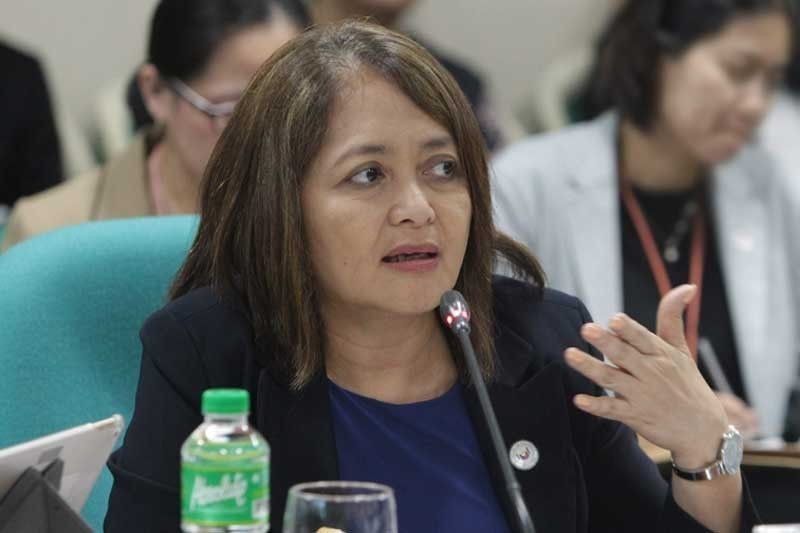BSP warns banks on dealing with virtual currency exchanges

MANILA, Philippines — The Bangko Sentral ng Pilipinas (BSP) has cautioned banks and financial institutions on dealing with money service businesses, particularly those involved in virtual currencies including bitcoins.
BSP Deputy Governor Chuchi Fonacier issued Memorandum 2019 – 021 reminding BSP-supervised institutions to ensure the soundness and adequacy of risk management policies and practices when dealing with virtual currency exchanges (VCEs).
“As a safeguard against unregistered virtual currency exchanges, BSP-supervised financial institutions, upon onboarding and during transaction monitoring, should exercise extra caution and vigilance as well as perform enhanced due diligence, as necessary, in accordance with their Money Laundering and Terrorist Financing Prevention Program as prescribed under existing regulation,” Fonacier stated in the memo dated July 23.
Cryptocurrency is a type of virtual currency that uses cryptography – a method of storing and transmitting data in unreadable form so that only the intended receivers can read and process it. Bitcoin is the first and most popular cryptocurrency to date, introduced in 2009.
Fonacier said banks should only deal with virtual currency exchanges registered with the BSP for the appropriate authority to engage in a specified business activity as mandated under Circular 944 issued in February 2017.
Likewise, she added financial institutions should conduct risk assessment of the virtual currency exchanges, considering relevant factors such as business operations, types of customers, product/service availed, distribution channels, jurisdictions they are exposed to and expected account activity.
Aside from obtaining proof of BSP registration and conducting validation procedures, the BSP official said banks should also perform enhanced due diligence including evaluating and understanding the business operations, distribution channels, customer profile, and obtaining the purpose of the BSFI account and anticipated account activity.
Furthermore, registration with the Anti Money Laundering Council (AMLC) to comply with the reporting requirements should also be verified.
Fonacier said banks should proactively monitor virtual currency exchanges transactions including personal accounts of the owners or proprietors based on appropriate parameters or alerts scenarios that capture their financial profile and behavioral account activities.
The BSP said banks should implement robust systems to identify unusual movements of funds or transactions of the virtual currency exchanges for further investigation and determination if filing of suspicious transaction report is warranted.
Latest data from the BSP’s Technology Risk and Innovation Supervision Department showed the value of transactions involving virtual currencies almost doubled to $390.37 million last year from $189.18 million in 2017.
The BSP’s Monetary Board has given 11 companies the green light to operate virtual currency exchanges. These are Bexpress, Coinville Phils., ABA Global Phils., Betur (Coins.ph), Rebittance, BloomSolutions, Virtual Currency Philippines, ETranss Remittance International, Fyntegrate, ZyBi Tech and Bitan MoneyTech Co. Ltd. Inc.
- Latest
- Trending































